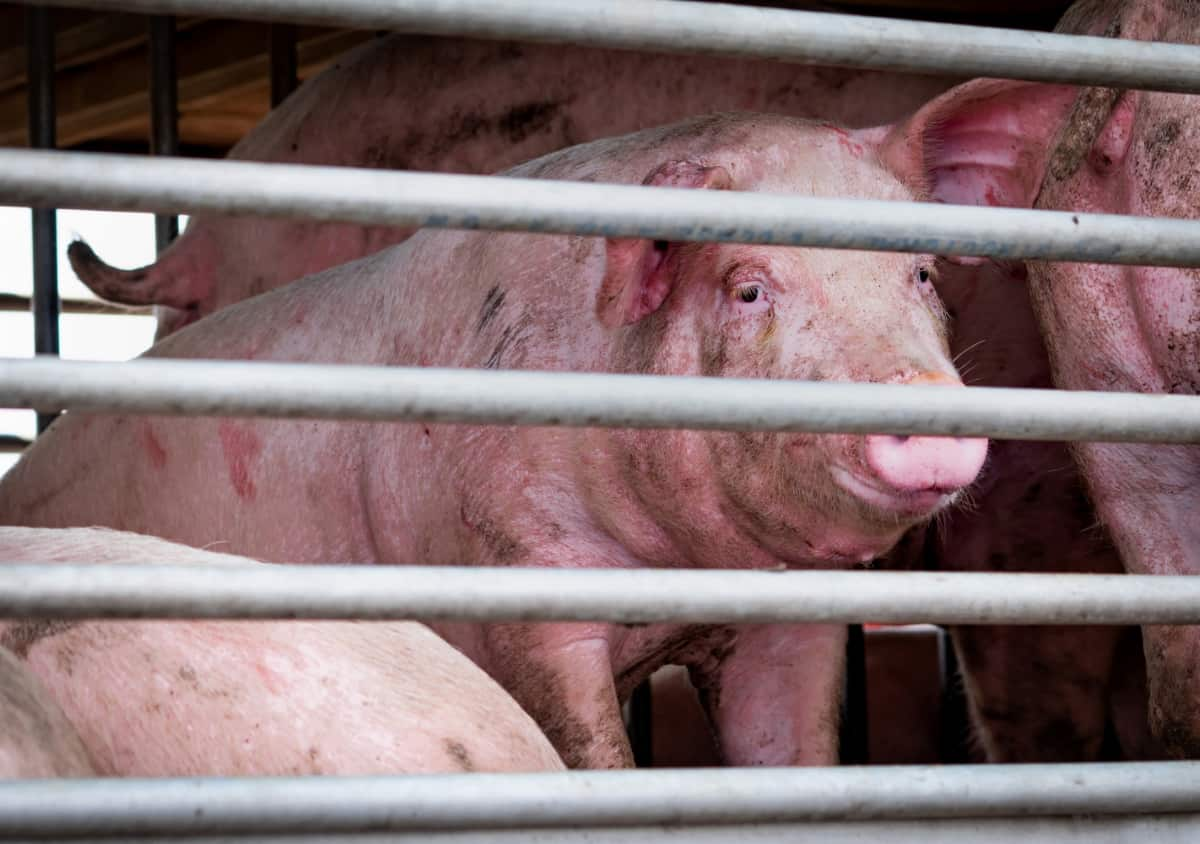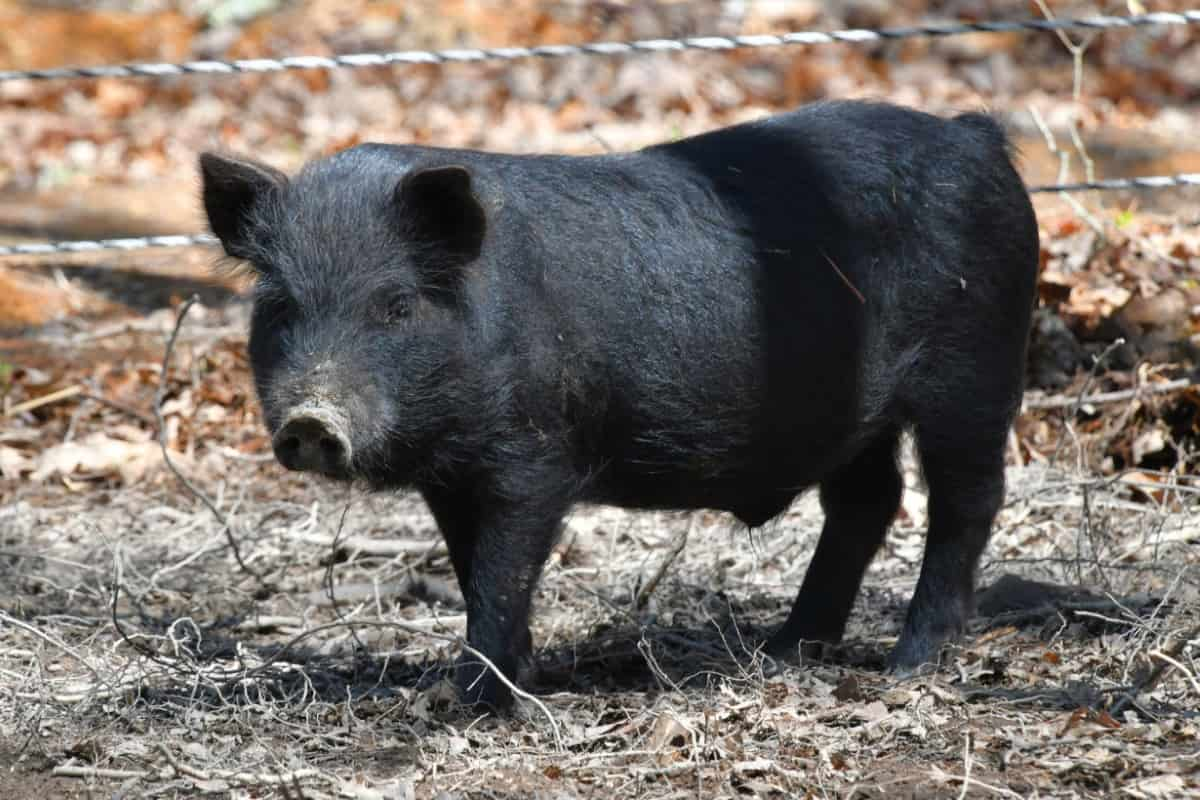Pig farming has grown to be one of Africa’s most lucrative agricultural businesses due to its high-profit potential, low maintenance cost, and sustainability. This sector has attracted several entrepreneurs and investors who see the business as a profitable venture due to its quick return on investment. The term “business plan” becomes significant in pig farming, as its importance cannot be overemphasized.

Africa Pig Farming Business Plan
Planning Your Pig Farming Business
To begin, every prospective farmer must devise a robust business plan that outlines their goals, strategies, and financial projections. This plan should include all the necessary information, such as the farm’s location, the cost of feeds and other necessities, the estimated profit, and the marketing strategy. It guides your business, enabling you to foresee possible challenges and develop backup strategies to overcome them.
Choosing the Ideal Location
The location of your pig farm is an essential factor in your business plan. In choosing a location, you must consider accessibility, distance from markets, and the availability of food and clean water sources. The area should also be far from residential areas due to the odor from pig farms. Your chosen location should be conducive to the pigs’ health and growth, ensuring they have enough space to move around, which would help them grow healthily and reproduce effectively.
Procuring High-Quality Breeds
The next factor to consider in your business plan is the choice of pig breed. Different breeds perform differently under various environmental conditions. Choose a breed that’s proven prolific and disease-resistant in the African climate. The Large White, Landrace, Duroc, and Hampshire breeds are often recommended for commercial pig farming.
Feeding and Health Management
Feeding and health management are two other critical areas you must focus on. Pigs need to be fed balanced diets for optimal growth and reproduction. Since the cost of feeds represents a significant part of the operational costs, farmers should explore the use of local feed resources, agricultural by-products, and industrial wastes that are healthy for the pigs.
Health management is also vital. Your business plan should include strategies for regular deworming and vaccination against prevalent pig diseases. You should also have a plan for properly disposing of pig waste to prevent disease outbreaks.
Financial Analysis for Pig Farming in Africa
Any business plan is incomplete without a thorough financial analysis. For a pig farming business, the primary areas of financial concern include initial investment costs, operating expenses, and expected revenue. The initial investment will cover costs such as land, housing, piglets, feed for the first few months, and other necessary equipment.
In case you missed it: New Zealand Pig Farming Business Plan: Solid Strategies for High Profits

Operating expenses include feed costs, veterinary care, labor, and utilities. Projected pig sales revenue relies on market price, pig size, and weight. Analyzing finances helps identify the break-even point when the business becomes profitable after covering expenses.
Profit and Investment Analysis
A solid business plan in pig farming should include a profit and investment analysis. Profit analysis involves the determination of revenue that will be generated from the pig farm. Revenue will primarily come from the sale of mature pigs and piglets. Other sources of revenue could be from the sale of manure, a great organic fertilizer. Investment analysis examines the total cost of starting and operating the pig farm.
Costs could include land acquisition or rent, construction costs for pig housing, purchase of breeding stock, feed costs, veterinary expenses, and labor costs. Profit is the result of subtracting total cost from total revenue. For a business to be viable, profit must be positive. By comparing projected profit to initial investment, you can estimate your return on investment (ROI).
For example, if you invest $10,000 and expect to profit from $2,000 in the first year, your ROI would be 20%. Efficient resource management and cost reduction are crucial for the success of your pig farming business. By sourcing local feeds, minimizing wastage, improving health management, and investing in training, you can boost profitability.
Risk Assessment and Mitigation
No business plan is complete without considering the potential risks and outlining strategies to mitigate them. In pig farming, risks can arise from disease outbreaks, fluctuations in feed prices, and changes in market demand and prices. Your business plan should include strategies such as regular vaccination and proper sanitation to mitigate disease risk.
To cushion the effect of feed price fluctuations, you could explore alternatives like cultivating your feed or signing long-term contracts with suppliers. Also, diversifying your market outlets and creating value-added products like smoked or processed pork can help manage the risk of market fluctuations.
Marketing Strategy
Another critical component of your business plan is your marketing strategy. You must identify your potential buyers and develop strategies to reach them effectively. In Africa, the demand for pork is high, and it continues to grow with the rising population and changing dietary habits. Your target market can include households, restaurants, hotels, supermarkets, butchers, and exporters.
Marketing can utilize different channels like local media, social media, agricultural trade fairs, and direct marketing. Building strong relationships with your buyers and providing excellent customer service is crucial. This helps you maintain your current customers and attracts new ones through referrals.
Sustainability and Expansion Plans
In your pig farming business plan, it’s also essential to plan for your business’s sustainability and expansion. You should outline strategies to ensure your farm’s continuous growth and profitability. This can include plans for acquiring more pigs, expanding the farming area, adding value to your products, or diversifying into other related businesses.
In case you missed it: Feeding Corn to Pigs: A Step-By-Step Guide

Your business plan should also incorporate environmentally friendly practices to ensure the sustainability of your business. These can include proper waste management, preventing pollution, cultivating your feed to reduce dependence on commercial feeds, and promoting circular farming.
Conclusion
Starting a pig farming business in Africa can be profitable if planned and executed well. A comprehensive business plan covering all the abovementioned aspects is the first step toward achieving this goal. Remember that the success of your pig farming business will depend not only on the business plan but also on your dedication, hard work, and ability to adapt to changing circumstances. With the right mindset and a solid business plan, you can tap into the high-profit potential of pig farming in Africa and enjoy a successful and sustainable business.
- Feed Your Flock for Less: Top 10 Tips to Save on Chicken Feed
- Ultimate Guide to Ossabaw Island Hog: Breeding, Raising, Diet, and Care
- Hatching Answers: The Top 10 Reasons Your Chickens Aren’t Laying Eggs
- Eggs and Economics: Breaking Down the Cost of Raising Backyard Chickens
- Defend Your Greens: Proven Methods to Keep Iguanas Out of Your Garden
- Ultimate Guide to Cinnamon Queen Chicken: A Comprehensive Guide for Beginners
- Ultimate Guide to California Tan Chicken: Breeding, Raising, Diet, Egg-Production and Care
- Ultimate Guide to Marsh Daisy Chicken: Breeding, Raising, Diet, and Care
- 10 Types of Chicken Farming Businesses You Can Start for Profits